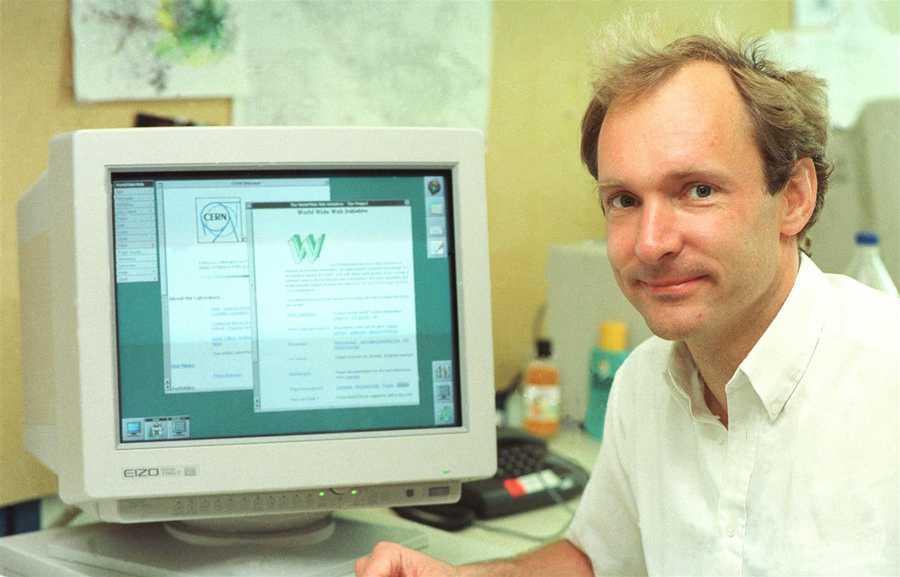Digital curation: organising content into meaningful collections
Since the start of human information recording, we've been shifting, selecting, organising and presenting information to give it meaning and clarity.
Tim Berners-Lee, the inventor of the World Wide Web, said the principal functions of the internet should
- allow anyone to access any type of document,
- enable everyone to disseminate their documents and
- allow everyone to organise the entire collection of documents.
However, it is not easy to organise web-based digital content or combine it with the vast amount of available information.
17
160 reads
CURATED FROM
IDEAS CURATED BY
Creator. Unapologetic student. Lifelong coffee ninja. Internet nerd. Bacon lover.
The idea is part of this collection:
Learn more about marketingandsales with this collection
Mindfulness
Prioritization
Personal growth and development
Related collections
Similar ideas to Digital curation: organising content into meaningful collections
World Wide Web invented
In 1989, British scientist at CERN Tim Berners-Lee invented the World Wide Web (WWW). He developed it to enable the automatic sharing of information between scientists in universities and other global institutes.
The idea was to combine the technologies of personal computers, computer netw...
How The Web Was Born
As a child, Tim Berners-Lee read a Victorian-era how-to book and was fascinated by the “portal of information” he had found.
Working as a consultant at the Swiss CERN laboratory and partially inspired by the book, he tinkered with a side-project which allow him to store and connect chunks ...
Read & Learn
20x Faster
without
deepstash
with
deepstash
with
deepstash
Personalized microlearning
—
100+ Learning Journeys
—
Access to 200,000+ ideas
—
Access to the mobile app
—
Unlimited idea saving
—
—
Unlimited history
—
—
Unlimited listening to ideas
—
—
Downloading & offline access
—
—
Supercharge your mind with one idea per day
Enter your email and spend 1 minute every day to learn something new.
I agree to receive email updates

